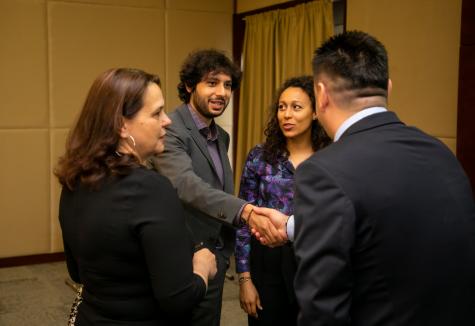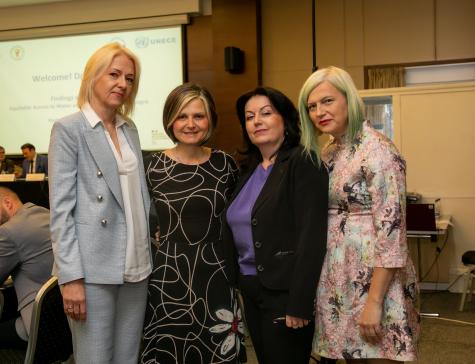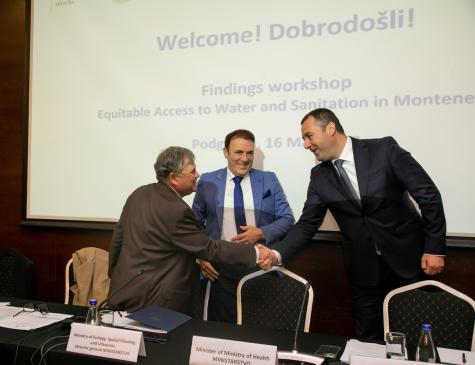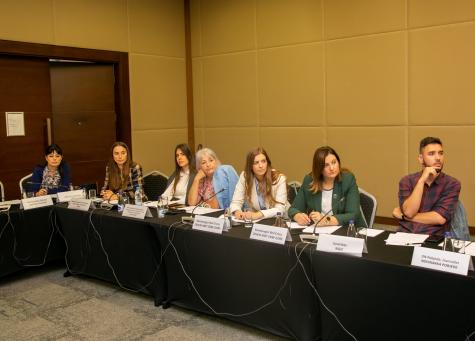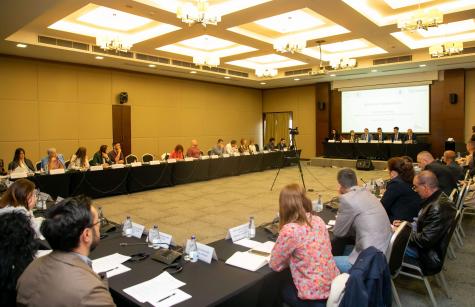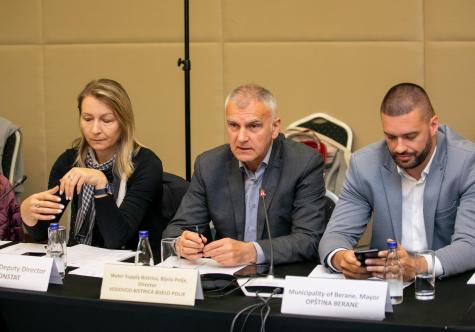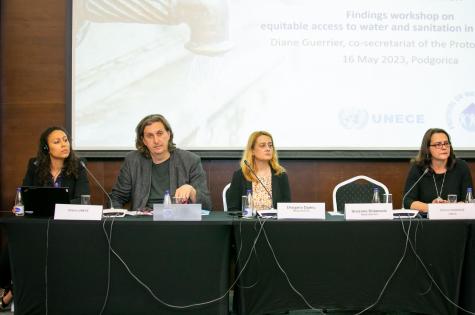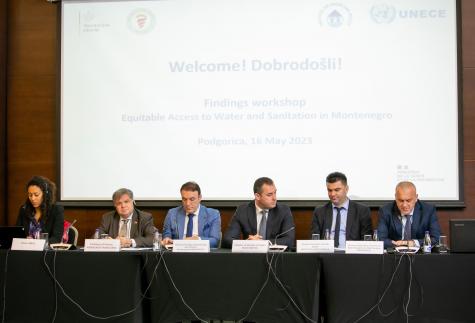
In the pan-European region, the UNECE-WHO/Europe Protocol on Water and Health provides a sound framework for translating the human rights to water and sanitation into practice and for achieving Sustainable Development Goal 6 and other water, sanitation, and hygiene-related targets of the 2030 Agenda for Sustainable Development. The Protocol encourages its Parties to ensure access to water and sanitation for everyone and places particular emphasis on providing equitable access to water and sanitation “for all members of the population, especially those who suffer a disadvantage or social exclusion” (article 5, l).
In November 2013, Parties to the Protocol adopted the Equitable Access Score-card, an analytical tool that can help Governments and other stakeholders to establish a baseline measure of the equity of access to water and sanitation, identify related priorities, discuss further actions to be taken and evaluate progress through a process of self-assessment.
Montenegro, Party to the Protocol since 2020, announced its intention to apply the Equitable Access Score-card at national level through correspondence and exchange with the UNECE secretariat in early 2021. In early 2023, Montenegro carried out the first piloting assessment of the draft revised Equitable Access Score-card integrating new parameters including lessons learnt from Covid-19.
The Workshop on Equitable Access to Water and Sanitation in Montenegro gathered more than 50 participants whichreviewed and analyzed the preliminary findings of the self-assessment. In particular, government representatives and concerned stakeholders discussed the governance framework in place to allow for an enabling environment for equitable access to water and sanitation.
The workshop also shed light on geographical disparities, specific barriers faced by vulnerable and marginalized groups and affordability issues. The workshop provided an opportunity for a broad range of stakeholders from government and civil society to comment, complement and validate the findings and identify priority areas for action.
More outcomes of the workshop are available here: https://unece.org/media/environment/Water-Convention/news/378902
